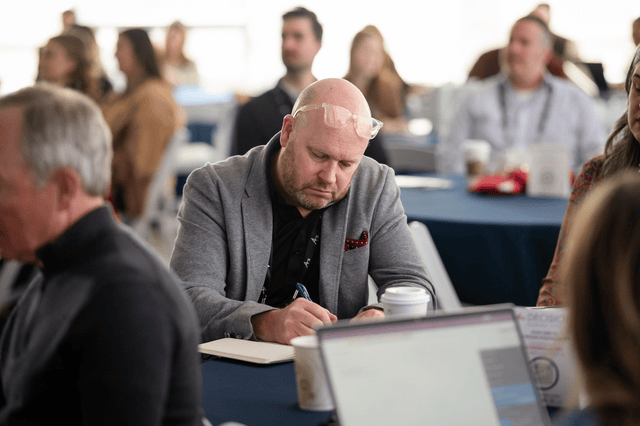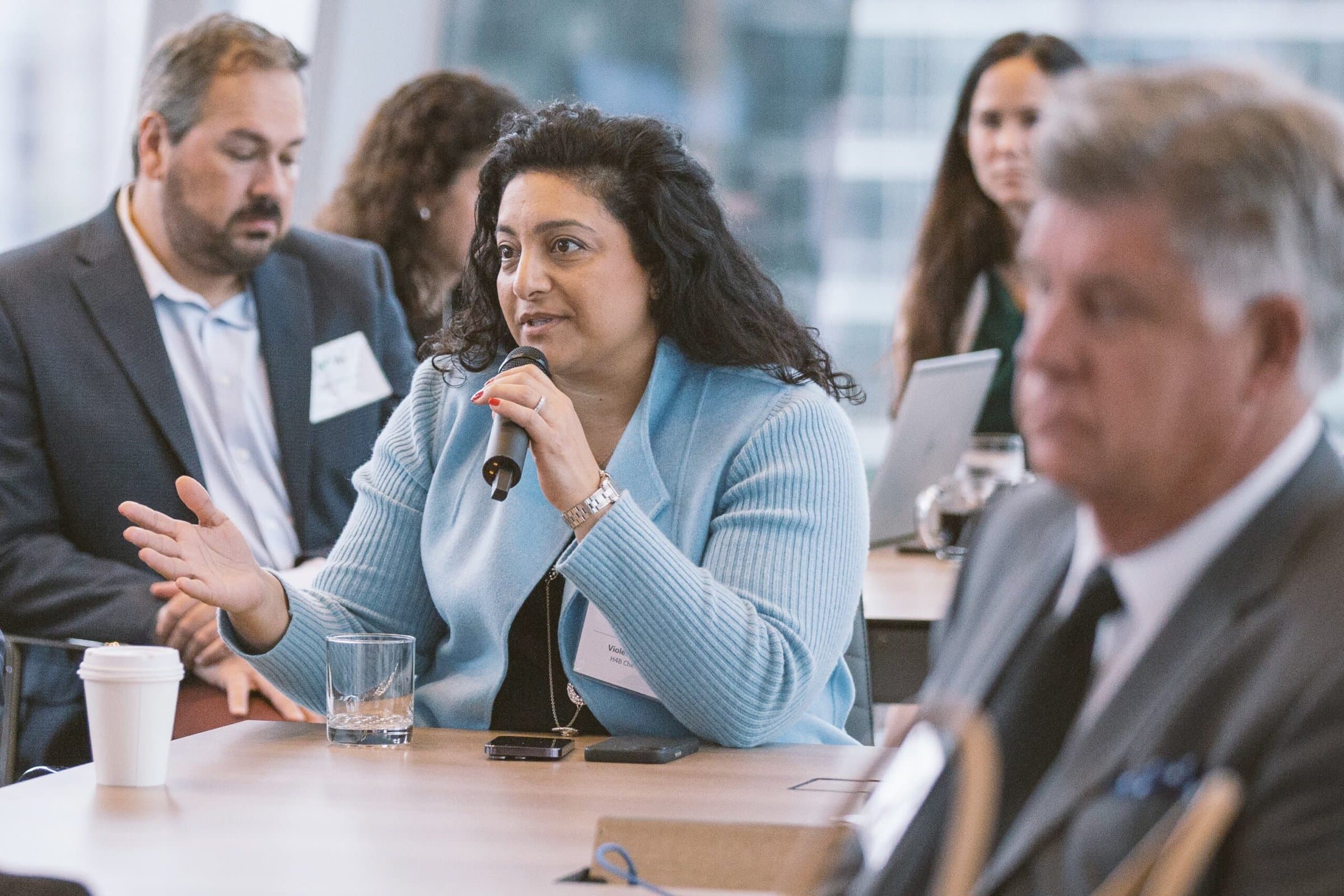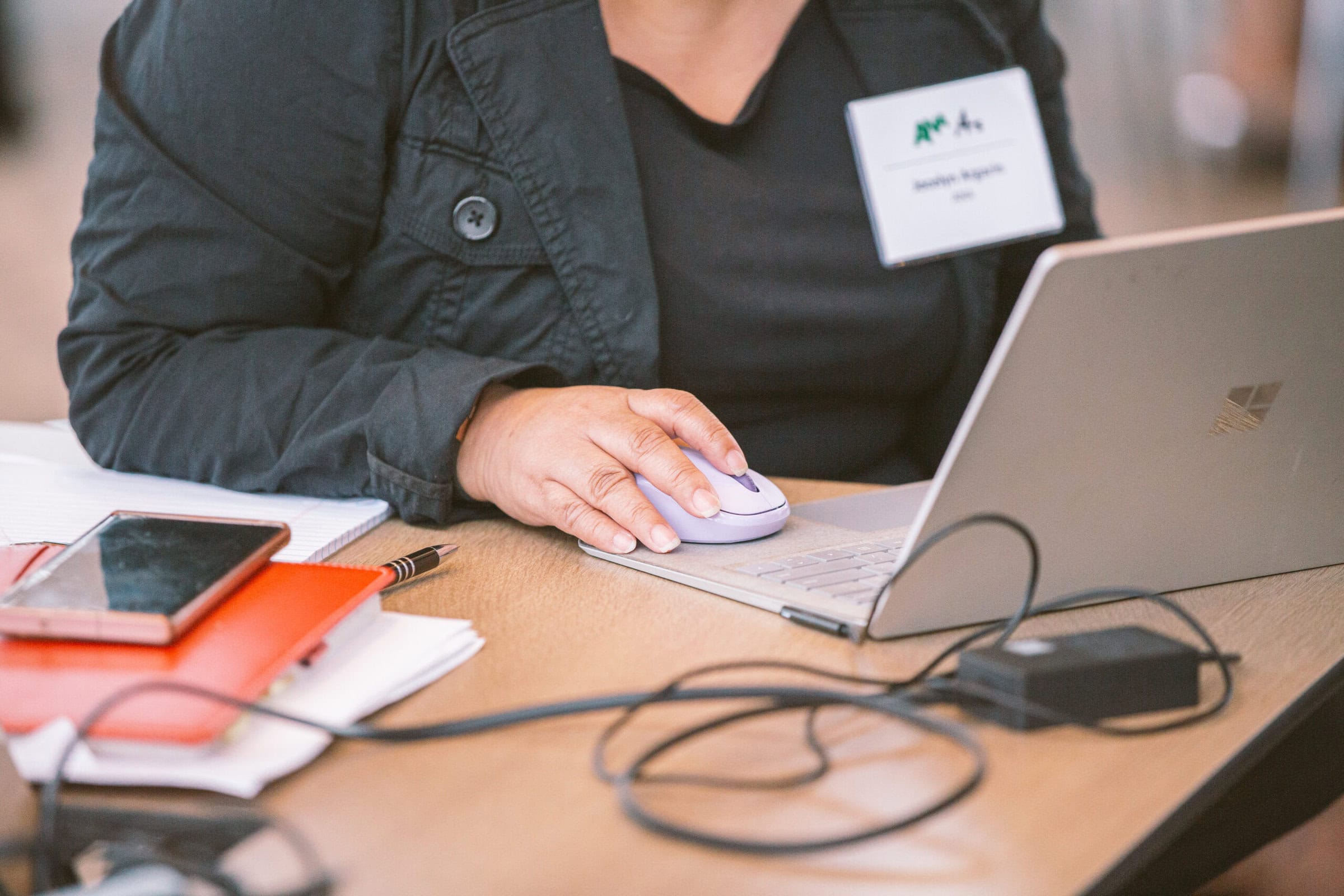Author
Amanda Anderson
4As VP, Government Relations
Topic
- Government Relations
- Labor
On August 11, 2023, Illinois Governor J.B. Pritzker signed into law a bill entitling child influencers under the age of 16 to a portion of their earnings. Under the law, Illinois Senate Bill 1782, child influencers are entitled to a percentage of earnings based on how often they appear on video blogs or online content that generates at least 10 cents per view. To qualify, the content must be created in Illinois, and kids would have to be featured in at least 30% of the content in a 30-day period. The compensation is defined as so: if a child is in 50% of a video, they should receive 25% of the funds; if they’re in 100%, they are required to get 50% of the earnings. If more than one child is depicted and they all meet the threshold for being compensated, they would split their share of the revenue evenly (regardless of differences in the percentage of content provided by the individual minors). The vlogger parents would be responsible for maintaining records of kids’ appearances and setting aside gross earnings for the child in a trust account for when they turn 18.
SB 1782 also amends Illinois Child Labor Law to allow teenagers over the age of 18 to take legal action against their parents if they were featured in monetized social media videos and not properly compensated, similar to the rights held by child actors thanks to Coogan’s Law.
Earlier versions of SB1782 included a section allowing for someone to request deletion of content posted of them as a minor, but the bill’s sponsor said it was taken out because “there was really no way of enforcing it.” This idea has been dubbed by European countries who have enacted similar policies to SB1782 as the “right to be forgotten.” A later amendment to the law also clarified that the bill does not cover any person under the age of 16 who produces his or her own vlogs.
Importantly for agencies, SB 1782 does not impose any liability on agencies or marketers who contract with parents for promotions or product placement in family vlogs featuring minor children; however, the increased attention to this issue could have brand safety implications if parents are found to be in violation of their children’s compensation rights or/and their documentation requirements.
Many states already require parents to set aside earnings for child entertainers who perform in more traditional settings such as movies and television, but Illinois’ law will be the first enacted to specifically target social media starlets. Other states have tried, however. A 2018 California child labor bill included a social media provision that was removed by the time it was passed. Washington State’s 2023 bill stalled out in committee.
The law is certainly breathing new life into the long-simmering debate over what is appropriate for parents to document online and whether a child can really consent to participate. Public policy questions about children’s privacy still remain, as many family vlogs can touch on personal topics such as report cards, bullying, mental and physical health status, etc.; additional legislation is likely to evolve over time to include more regulations around consent.
A press release on SB 1782 can be found here.
Have questions about Illinois SB 1782 and/or state laws covering child influencers? Please contact Amanda Anderson, 4As VP of Government Relations




